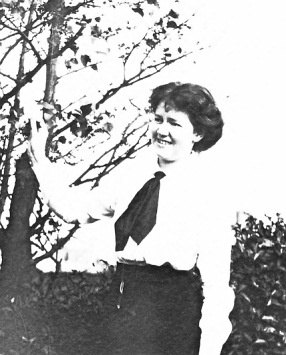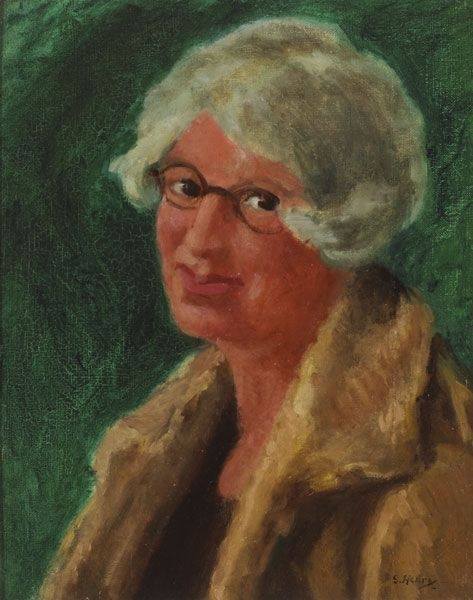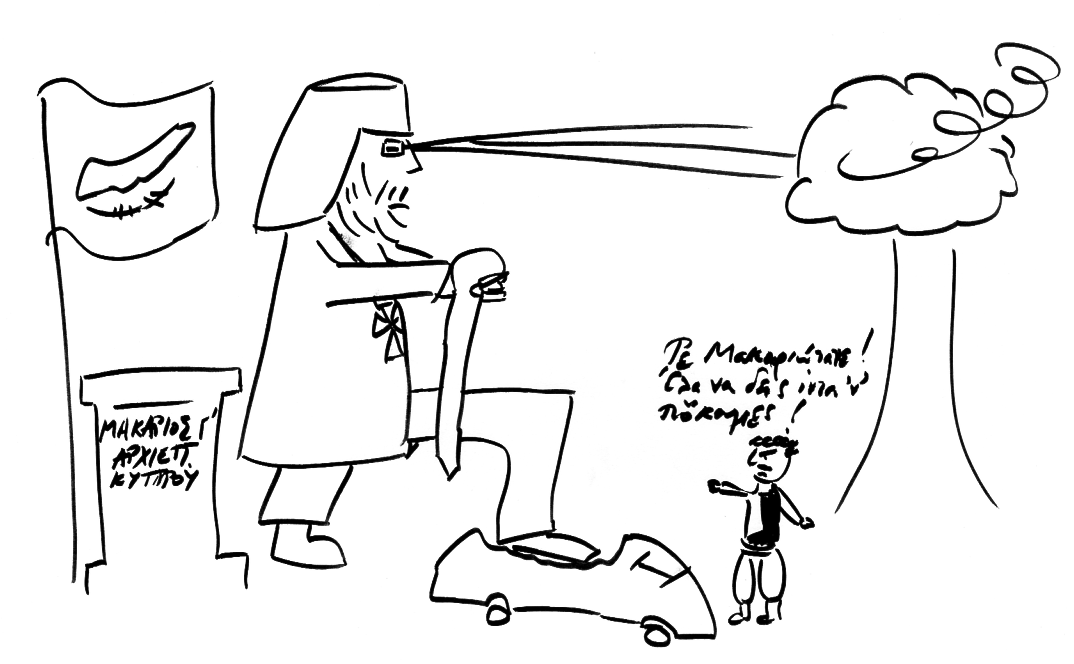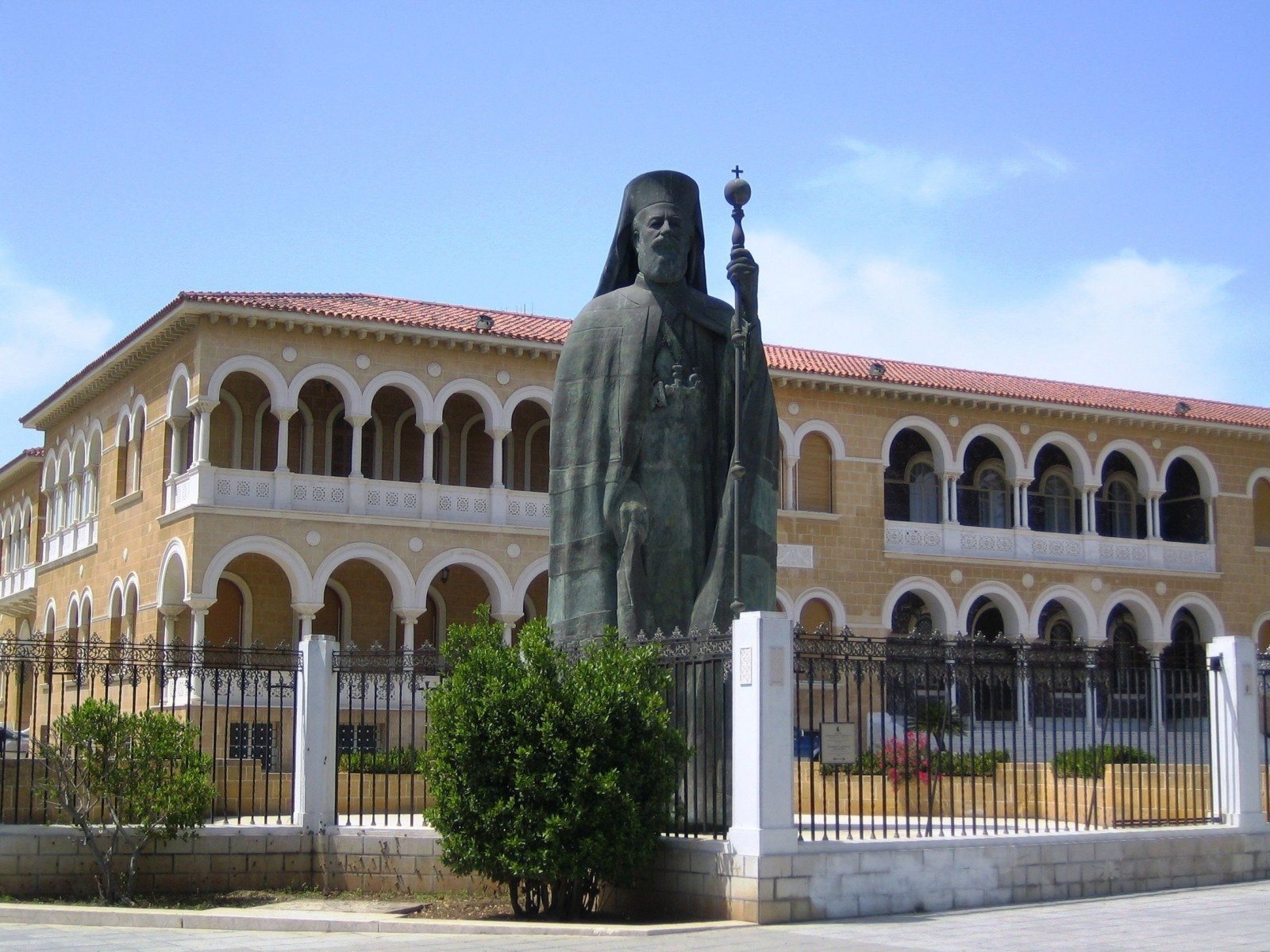A2A Pegah Esmaili
Pegah, canım, you don’t expect an ordinary answer from me, do you? Like Cleopatra (meh, inbred Greek), or Catherine the Great (she’d fricking squash me) or Joan of Arc (back away from the crazy)?
Good. Because you’re not going to get one.
In the modern cornucopia of female objectification, do straight men need to go back centuries to fantasise about getting it on with someone? As Lyonel Perabo’s answer well illustrates, no we do not. (Although Lyonel, I must correct you. Ariella Ferrera being 37 years old does not make her a “historical person”. The word you’re looking for there is MILF.)
Now look what you made me do, Pegah. How am I going to save face after that?
Maybe with this answer. Let’s see.
It is a naive fantasy to have, to my mind, and I’ve only allowed myself that fantasy once, in my teens.
Helen Waddell
– Daily Muse – Inspiring Hellen Waddell Conference…
If you’re interested to learn about amazing, strong, intelligent women from the past then this conference at Queen’s University is sure to inspire you!

Great, so my adolescent fantasy is going to annoy several departmentfuls of Women’s Studies students.
Grace Henry-PORTRAIT OF HELEN WADDELL

Whaddaya mean, “The auction is over for this item. The auctioneer wasn’t accepting online bids for this item.” I call shenanigans!
Animals in the Desert

I don’t care if that blog is about desert monks. Yes, she’s a geek. And she’s fricking glorious!
OK. I’ll settle down now.
Helen Jane Waddell (31 May 1889 – 5 March 1965) was an Irish poet, translator and playwright. […] She is best known for bringing to light the history of the medieval goliards in her 1927 book The Wandering Scholars, and translating their Latin poetry in the companion volume Medieval Latin Lyrics. […] A prize-winning biography of her by the Benedictine nun Dame Felicitas Corrigan was published in 1986.
In 1986, I was 15. I read the Mediaeval Latin Lyrics, and I read the Wandering Scholars. And then I read the biography.
And as an unenlightened callow youth in the dim dark ages of the patriarchal 80s, I thought it a terrible thing that someone with such fearsome erudition, with such delicate poetic sensibility, with such a clear sense of what was beautiful and lovely about life and romance and scholarship and redemption, and everything that the mediaeval Latin poets wrote about, should live out her days alone. And I wished I could have been with her to share all that with her.
And you know. Get it on like Donkey Kong too, if the chance came up.
I’m a little better informed now, I trust. She may have been devout and she may have chosen to be alone, but that does not mean her cheeks were never flushed; she wrote too knowingly for that. As Wikipedia writes, she had longterm relationships, including being the “other woman” with Siegfried Sassoon. (I wonder how I missed that at 15: did the nun leave it out?) She was a PhD back when being a female PhD was positively dangerous. She hardly needed me to go back in time and rescue her, and she hardly lacked for people to share her verses with.
But yeah. If I had to pick, I’d pick someone with poetry in their blood, an awkward smile, and gentle donnish erudition. Someone like Helen Waddell.





